Inditex – Cut above the Rest
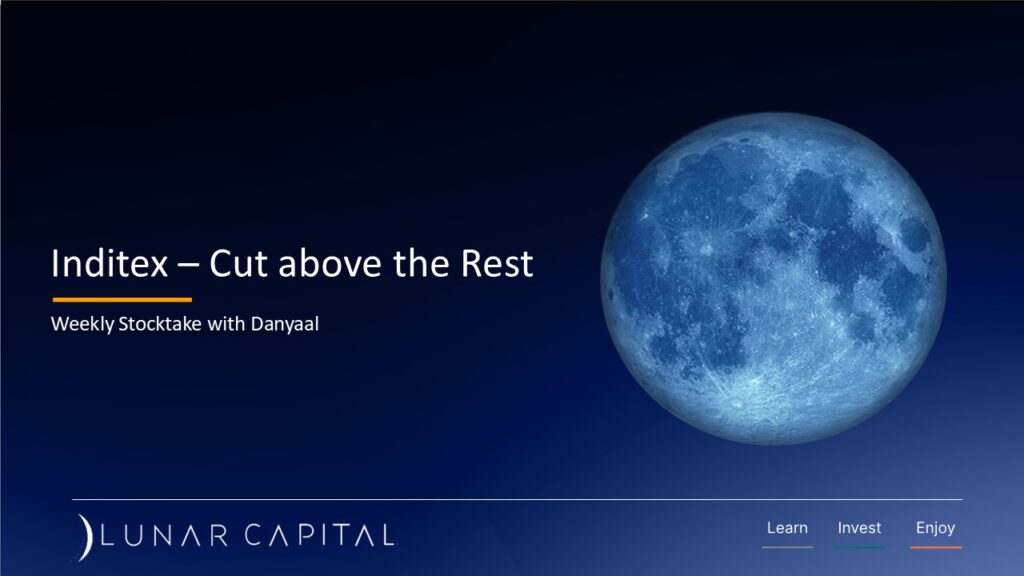
How is Inditex positioning itself for uncertain times.
CrowdStrike – AI vs AI
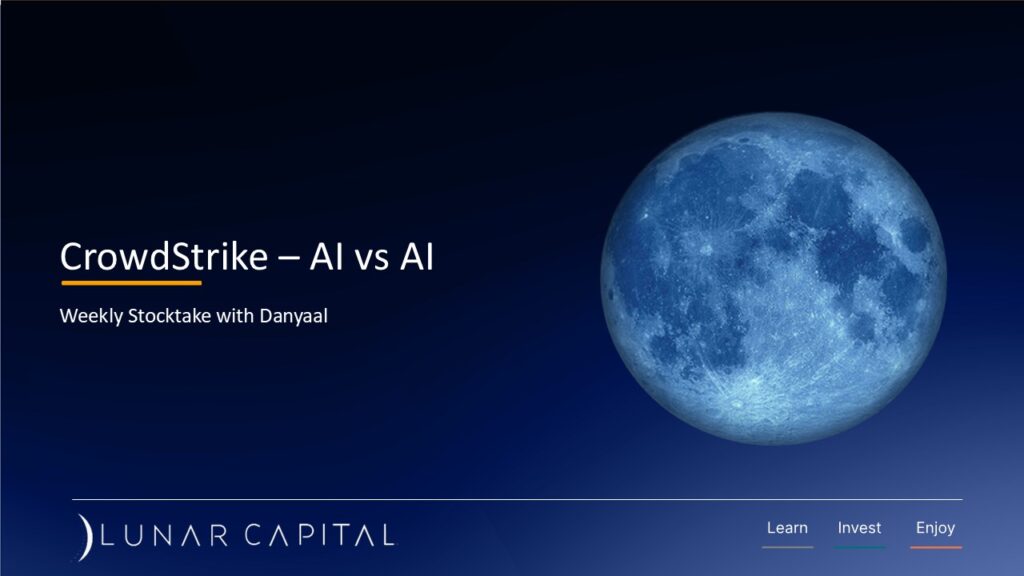
What gives CrowdStrike an advantage in a more AI integrated world?
Nvidia – Powering Sovereign AI Ambitions
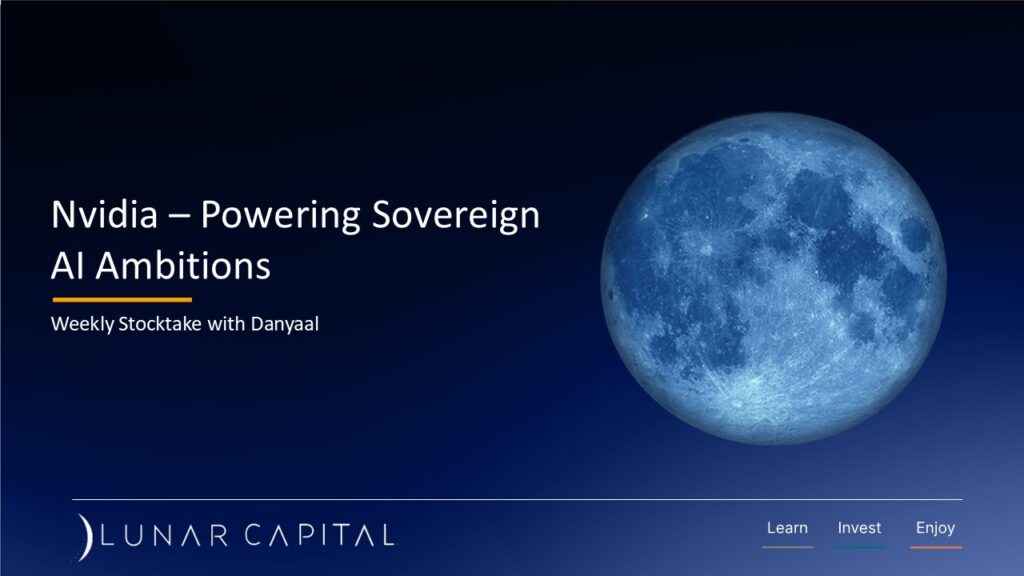
How do Sovereign AI Ambitions fit into Nvidia’s growth plan.
Snowflake – a Stock for Staff
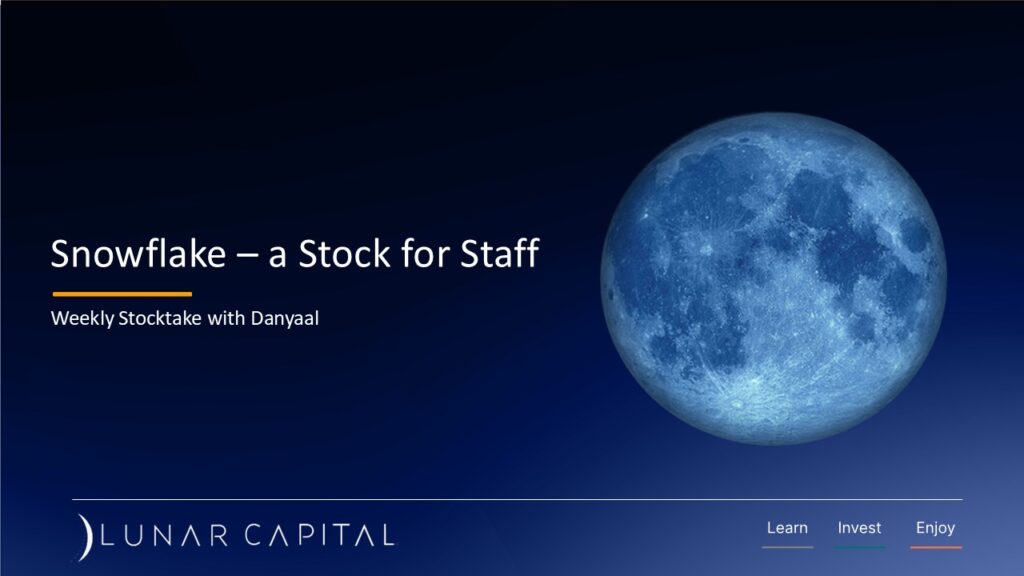
How does Snowflake compete with Big Tech?
Walmart: Pricing for Perfection
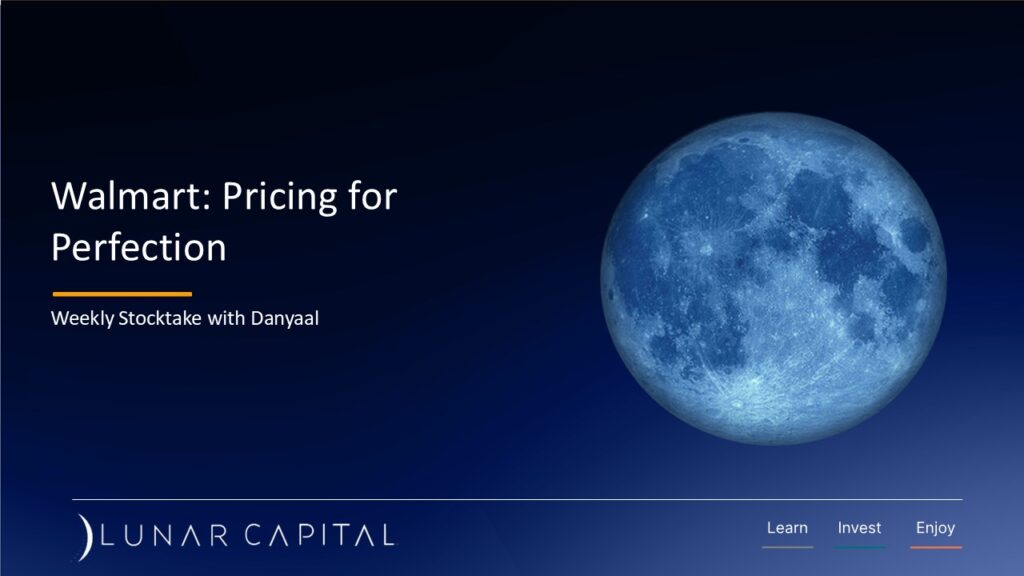
Why is Walmart priced so high?
The Legacy of Disney
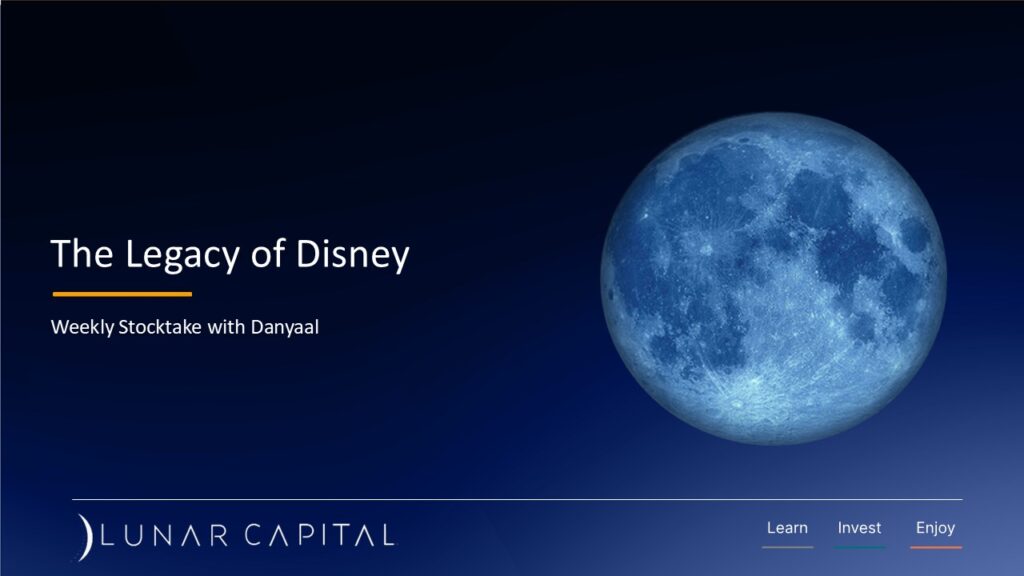
How has Disney’s library of IP fuelled different segments of its business.
Amazon – Navigating the Tariff Jungle
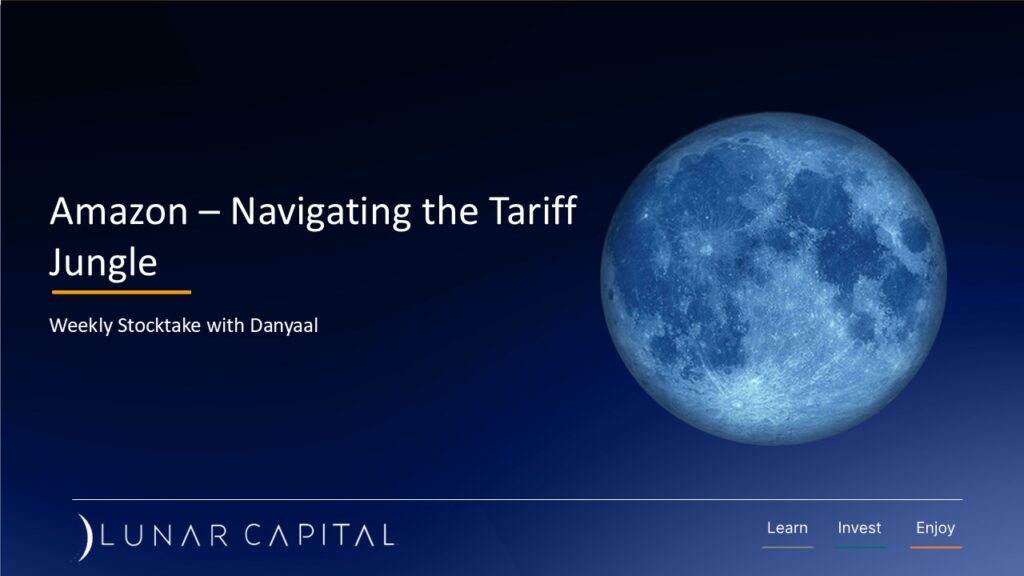
The broadest possible selection at the lowest possible price.
Alphabet – Search and Beyond
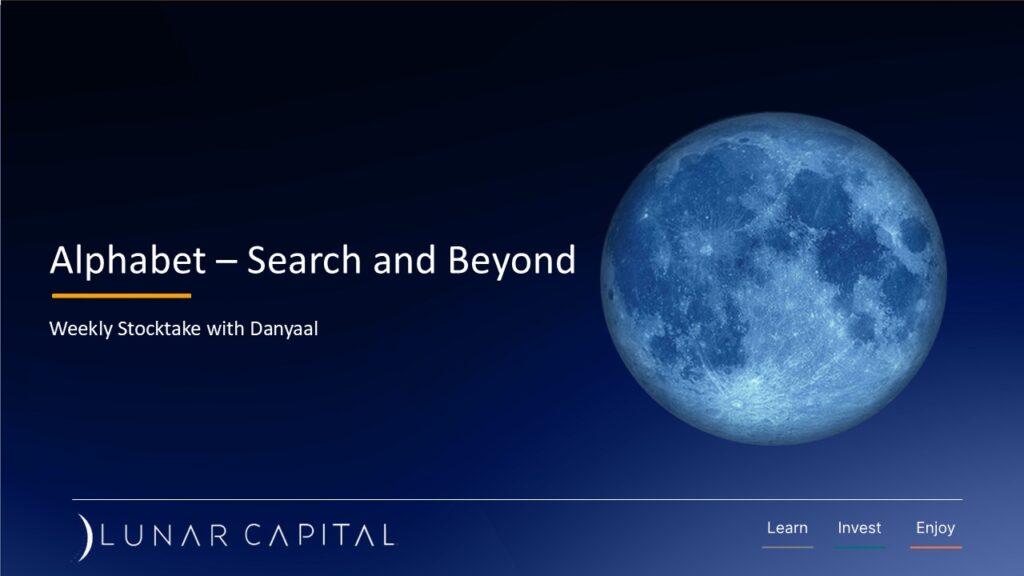
Why would Alphabet look to cannibalise its own products.
Netflix: The Saga Continues
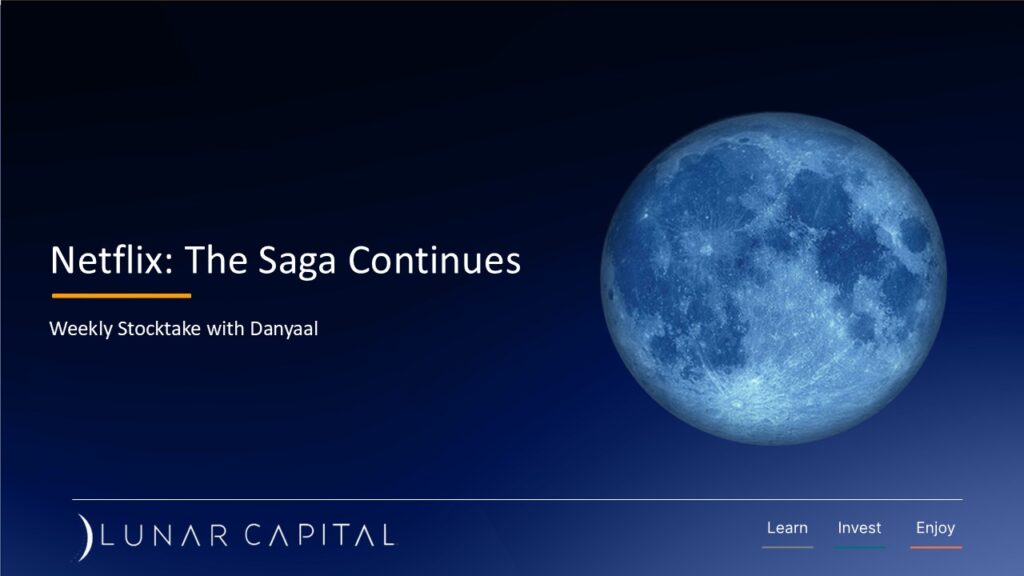
How have Netflix positioned themselves for growth.
JP Morgan – Banking on Volatility
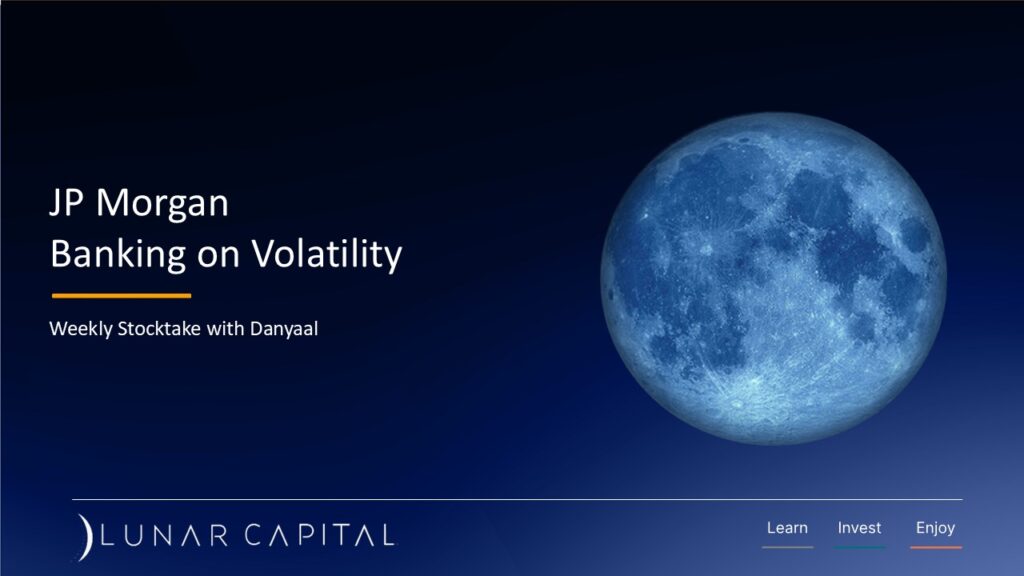
How is the America’s largest bank benefiting from market uncertainty.
